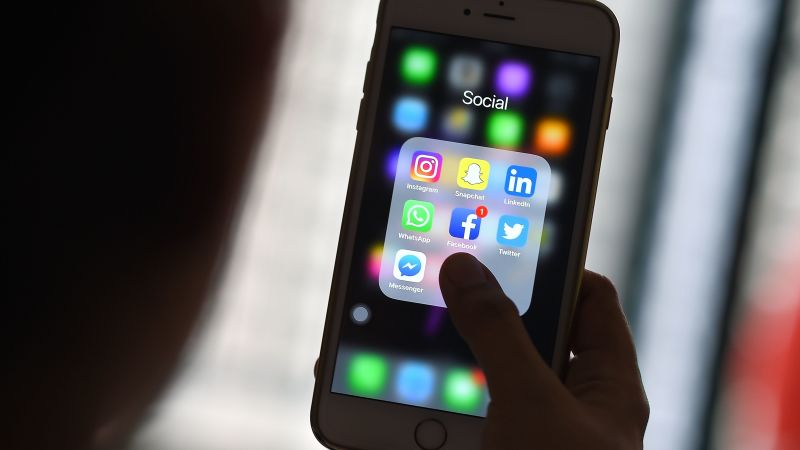How to Distain Your Phone Every Day? Empirical Results from 25 Years of Dr. Lembke and Dr. Alter
Besides a screen fast, Dr. Lembke and Dr. Alter recommended finding other, less stringent, ways to distance yourself from your phone each day. That might mean allotting times of the day or days of the week when you don’t use your phone at all, such as before and after work. It may also mean leaving your phone in the other room, keeping it out of your bedroom or putting everyone’s phone in a box outside of the kitchen during dinnertime.
Dr. Lembke warned that many people — even those with milder screen overuse — may notice withdrawal symptoms initially, like irritability or insomnia, but that over time they’ll start feeling better. In her 25 years of seeing patients, Dr. Lembke has noticed that by the end of a one-month fast, the majority of her patients usually “report less anxiety, less depression, sleeping better, more energy, getting more done, as well as being able to look back and see in a more cleareyed way exactly how their screen use was affecting their lives,” she said. She said benefits won’t be as dramatic for those who fast for less than a month.
Source: https://www.nytimes.com/2022/02/08/well/live/smartphone-addiction-tips.html
How to Break Up with Your Phone: How to Stop Looking Down at Your Devices and How to Get Off Your Phone Without Seeing Your Apps
It seems trivial, like an old fashioned solution. But we know from decades of psychology that things closest to us in physical space have the biggest effect on us psychologically,” Dr. Alter said. If you allow your phone to connect to you, you will be drawn to it and you will use it. Whereas if you can’t physically reach it, you’re going to use it less.”
You can make your phone less engaging by changing the screen resolution or turning off notifications. Alter suggested rearranging the apps on your phone so that they would be harder to find and less likely to lure you into a loop of checking and rechecking.
As his company lay off thousands of workers last month, the chief executive ofSalesforce went on a 10-day device-free vacation to French Polynesia. It is very freeing to leave our devices all behind because we are so addicted to them. He sent a text message to The New York Times.
A detox may be the wrong metaphor. Nicholas Carr, whose book, “The Shallows” is one of the first to explore the cognitive cost of digital distraction, said that the phrase suggests that there is something wrong. According to him, the problem is more than the amount of time you spend looking at your devices. The ability to check for messages takes up a lot of our attention.
It is no longer possible to cut off access to technology, especially if you do not have a staff. Matt Berna said that people on vacation are reliant on mobile phones for so much. Many trips are still being run which are not likely to be connected to the internet with a wireless signal.
With so much of our daily transactions happening on our phones, it can sometimes feel like the world is passing us by if we put them down or log out.
A survey found that 86 percent of US adults keep their phone near them almost all the time, while 67 percent admit to checking their phone as soon as they wake up.
I would find myself up late at night because I couldn’t sleep and that was probably due to the sleep deprivation. And I would see her looking up at me and then I was looking down at my phone and that just devastated me,” she recounted.
She set about doing one of the things she knew best to tackle the issue — researching and writing. The result is the book, “How to Break Up With Your Phone: A 30-Day plan to get your life back.
“The idea being that if you break up with a human being, you’re not saying I’m never going to date another human being again,” she said. “You’re just saying that relationship was not right for me. You should be able to take a moment to think about your feelings towards both the good and the bad of the new relationship.
How Can You Chat with Your Phone During the Global Day of Unplugging? An Introduction by S. S. Gupta
There is a day devoted to cutting back on phone use. During the night on Friday, March 3 and Saturday, March 4, the Global Day of Unplugging will take place where phones and other screens are put away and people are encouraged to participate in real life.
How can you have a difficult conversation with your phone? Dr. Sanjay Gupta talks strategy with Catherine Price, and you can listen to the full podcast here.
